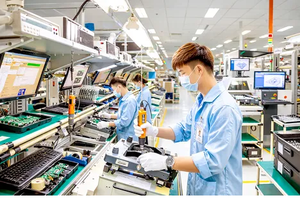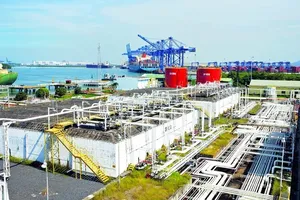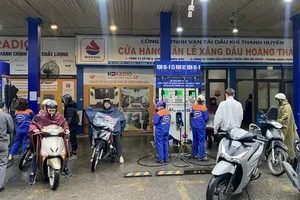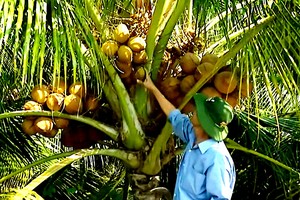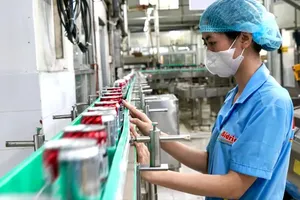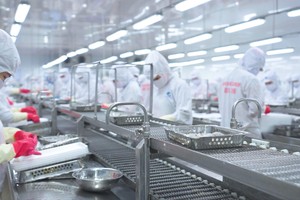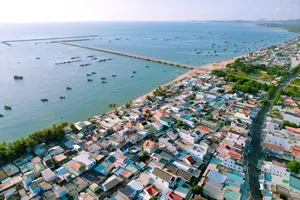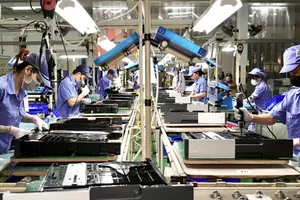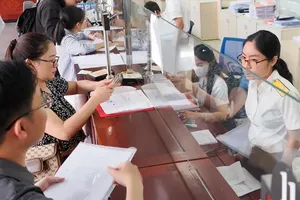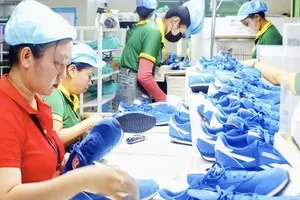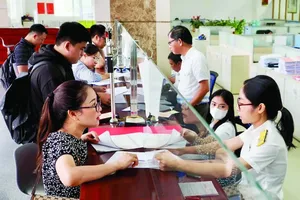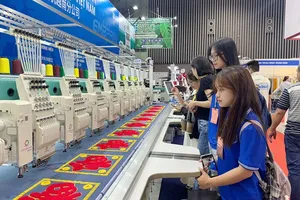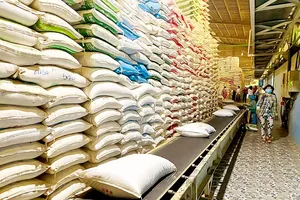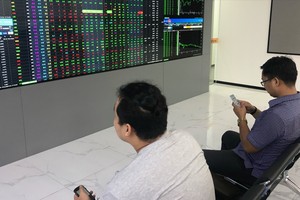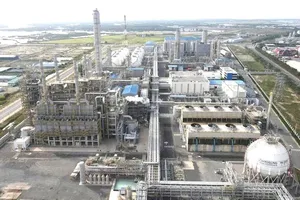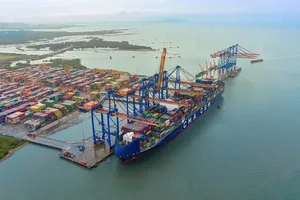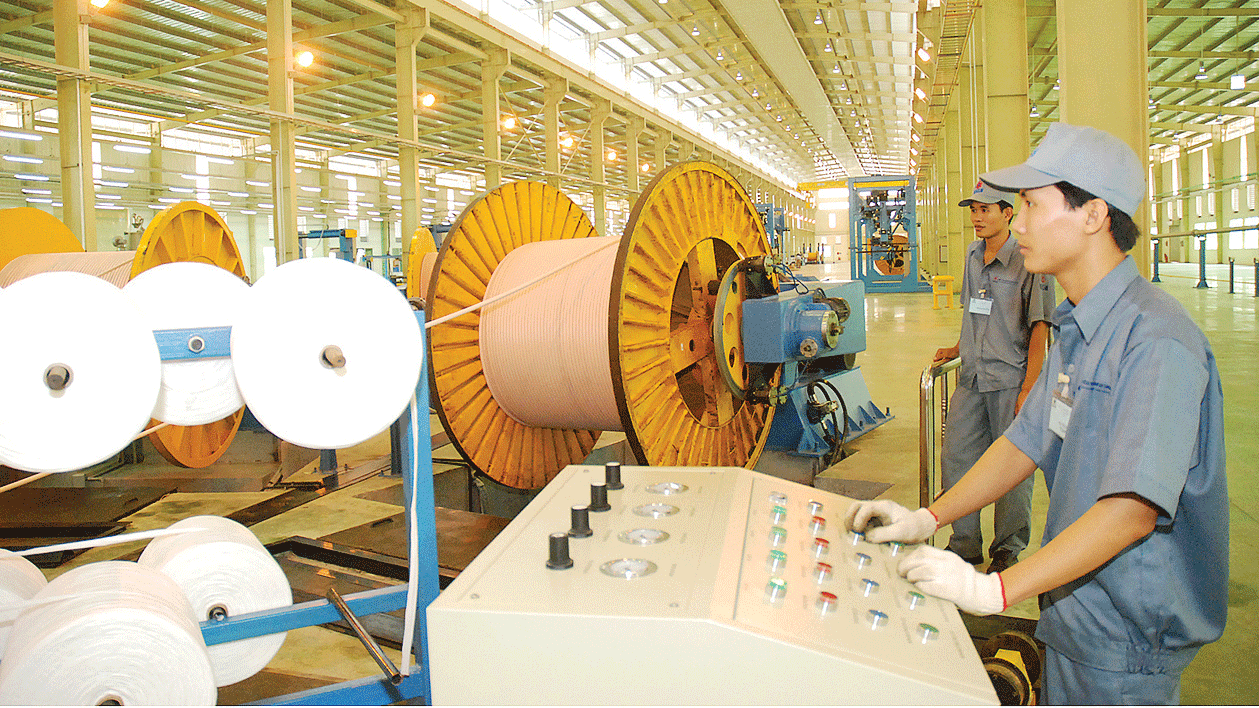
The information was released at a forum on trade and industry cooperation organized online by the Ministry of Industry and Trade, attended by more than 1,000 Vietnamese and European businesses, on July 31.
Accordingly, Vietnam is among top ten exporters to the EU and the FTA between Vietnam and the EU has been signed and taken effect before FTAs between the EU and other nations that have the same key export products. Hence Vietnamese businesses should take advantage of this ‘golden time’ to accelerate export before the other FTAs are signed and come into effect. Noticeably they should clearly understand the rules of origin to make use of tax incentives when exporting goods to the EU.
At the forum, Deputy Minister of Industry and Trade Hoang Quoc Vuong said that the forum gave businesses of the both sides a chance to learn about and grasp investment opportunities and develop their market share.
According to Mr. Vuong, the two-way turnover between Vietnam and the EU increased 13 times, from $4.1 billion in 2000 to $56.45 billion in 2019. Of these, Vietnam’s goods exports to the EU reached nearly $41.5 billion and the country’s imports from the EU topped $14.9 billion.
Still in the first seven months this year, the two-way turnover merely reached $27.8 billion, down 7.4 percent over the same period last year. Vietnam’s export turnover to traditional markets like Germany, France, England, Italy and the Netherlands sharply fell by 10-20 percent.
Many delegates at the forum believed that the decline would abate when the Covid-19 pandemic ends but it is unlikely to catch up with the growth rate in 2019. Currently the EU’s economic growth is forecast to be minus 8 percent in 2020. Hence, businesses should take the initiative in building a suitable production strategy.
Mr. Le Trieu Dung, head of the Trade Remedies Authority of Vietnam under the Ministry of Industry and Trade (MoIT), said that export advantages from the EVFTA are clear but he advised Vietnamese firms to proactively respond to the risk of trade remedies. Businesses and associations should closely work with authorized agencies to control investment attraction and prevent tax evasion and goods origin fraud. Enterprises themselves should improve production capacity to meet European standards on environment, quality, social responsibility and origin of goods.
Mr. Duong Tan Hien, deputy chairman of Can Tho City People’s Committee, stressed that the biggest drawback of businesses in Can Tho in particular and in Vietnam in general is production scale which is small to medium. So in long term, the Government should have more efficient capital support programs for businesses.
Italian Ambassador to Vietnam Antonio Alessandro said that Vietnamese firms should use production lines and technologies that meet European standards, saying that is the fastest and safest way to get access to the EU market. At present, many European businesses have increasingly invested in Vietnam hence it is not difficult to approach such technologies.
Vietnamese trade counsellors in the EU said that because most domestic businesses are small and medium scaled so they should exploit niche markets besides traditional ones. For instance, Northern Europe has a population of only 29 million people but this market’s import turnover is very high averaging $440 billion a year with the annual growth rate of 6 percent. Currently Vietnam’s export turnover to this market is only $2.6 billion a year. Hence Vietnamese businesses should improve the ability to access this market with agricultural, fishery and forestry products including rice, coffee, honey and seafood.
Deputy Minister of Industry and Trade Hoang Quoc Vuong said that the Government, the ministry and Vietnam trade promotion agencies in the EU will do their best to bridge domestic firms and foreign partners to solve difficulties in the process of market penetration and doing business.
